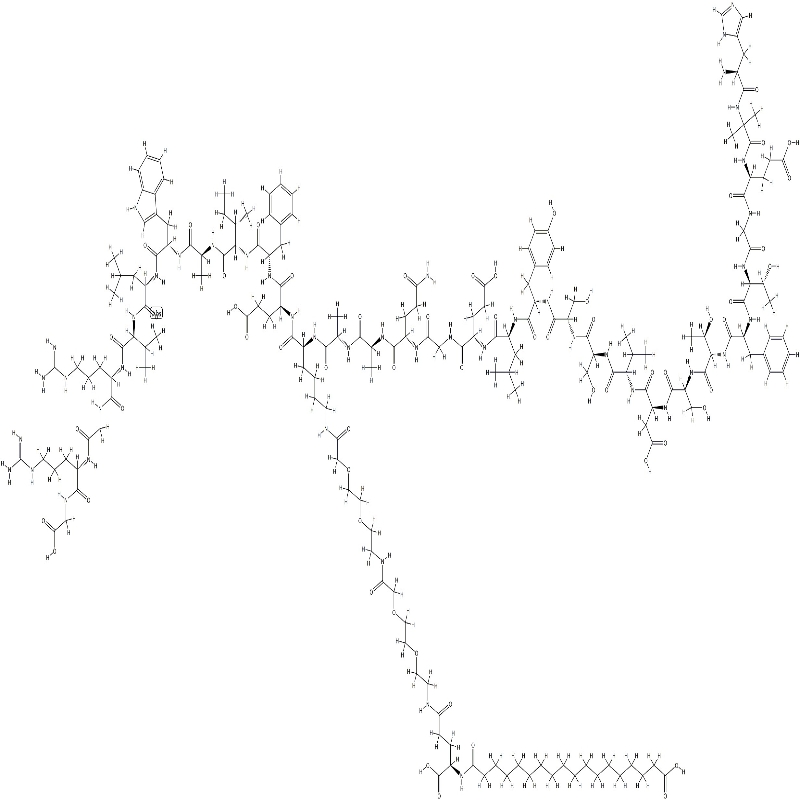-
Categories
-
Pharmaceutical Intermediates
-
Active Pharmaceutical Ingredients
-
Food Additives
- Industrial Coatings
- Agrochemicals
- Dyes and Pigments
- Surfactant
- Flavors and Fragrances
- Chemical Reagents
- Catalyst and Auxiliary
- Natural Products
- Inorganic Chemistry
-
Organic Chemistry
-
Biochemical Engineering
- Analytical Chemistry
- Cosmetic Ingredient
-
Pharmaceutical Intermediates
Promotion
ECHEMI Mall
Wholesale
Weekly Price
Exhibition
News
-
Trade Service
Lack of sleep or disorders of the sleep-wake cycle are associated with metabolic disorders.
, however, few studies have investigated the relationship between daily sleep time and high uric acidemia.
recently, a study published in Journal of Clinical Endocrinology and Metabolism, an authoritative journal in the field of endocrine and metabolic diseases, looked at the relationship between daily sleep time (day naps and nighttime sleep) and the risk of high uric acidemia.
researchers analyzed cross-sectional data from china's multi-ethnic queue (CMEC) in Yunnan.
in 2018, researchers recruited 22,038 subjects between the ages of 30 and 79.
serum uric acid (SUA) was higher than 7.0 mg/dL in men and higher than 6.0 mg/dL in women.
the study ended with a relationship between daily sleep time and high uric acidemia.
researchers found that daytime sleep time was associated with a risk of high uric acidemia, with 2.22 (1.88, 2.61), P<0.0001) and This was the case in the multivariate adjustment model after adjusting demographics, sleep habits, and metabolic risk factors .OR: 1.69; 95% CI: (1.41, 2.01), P<0.0001).
addition of serum creatinine to the correction model, the correlation decreased . . . OR: 1.54; 95% CI: (1.28, 1.86), P<0.0001.
longer nap times were also associated with a higher risk of high uric acidemia combined metabolic syndrome (MetS).
in the fully adjusted model, respondents who naped for more than 90 minutes had a higher risk of developing a combined metabolic syndrome of high uric acidemia (OR: 1.39; 95% CI: (1.06, 1.79) ;P<0.001).
study, the researchers did not observe any relationship between nighttime sleep time and the risk of high uric acidemia.
, it was Chinese that longer naps, rather than nighttime sleep, were independently associated with the risk of high uric acidemia in all groups.







